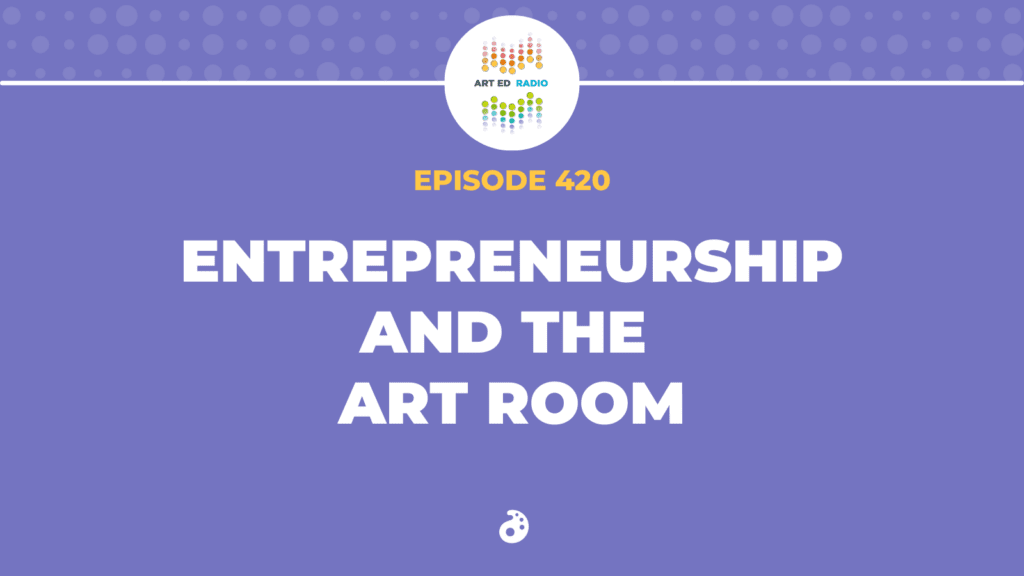Related
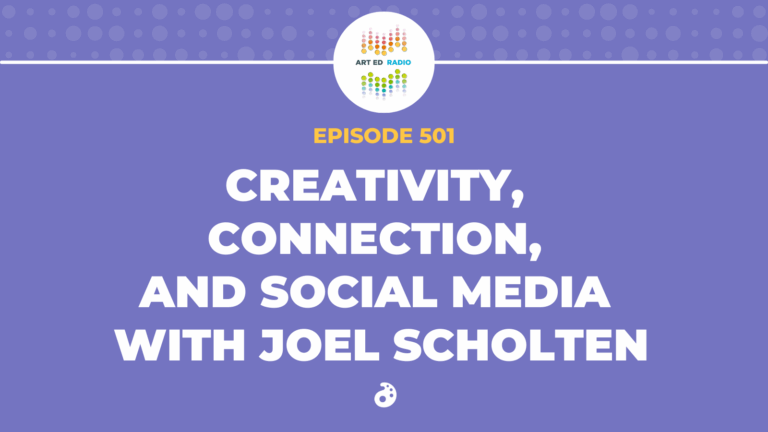
Podcast
Creativity, Connection, and Social Media with Joel Scholten (Ep. 501)
In today’s episode, Tim sits down with Joel Scholten, K–12 art educator, social media creator, and Art of Education FLEX...
Learn More
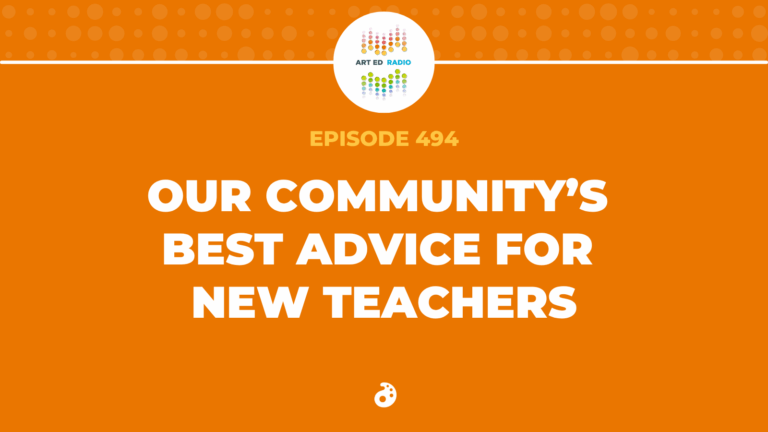
Podcast
Our Community’s Best Advice for New Teachers (Ep. 494)
In this episode of Art Ed Radio, Tim Bogatz is joined by Jen Leban from the AOE Community to share...
Learn More
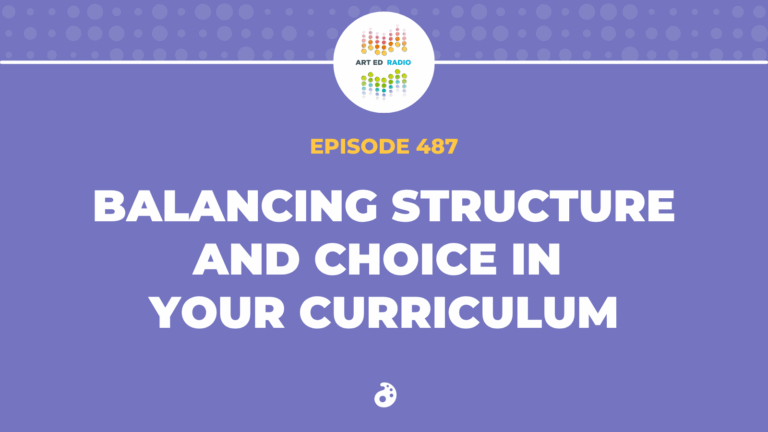
Podcast
Balancing Structure and Choice in Your Curriculum (Ep. 487)
In today’s episode of Art Ed Radio, Brooke Morse joins Tim and shares her journey in art education, discussing her...
Learn More
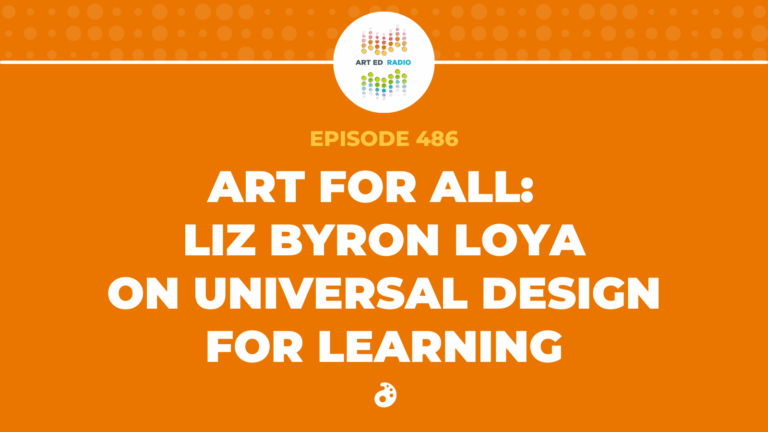
Podcast
Art for All: Liz Byron Loya on Universal Design for Learning (Ep. 486)
In this episode of Art Ed Radio, Tim sits down with Liz Byron-Loya—art teacher, author, and advocate for Universal Design...
Learn More

